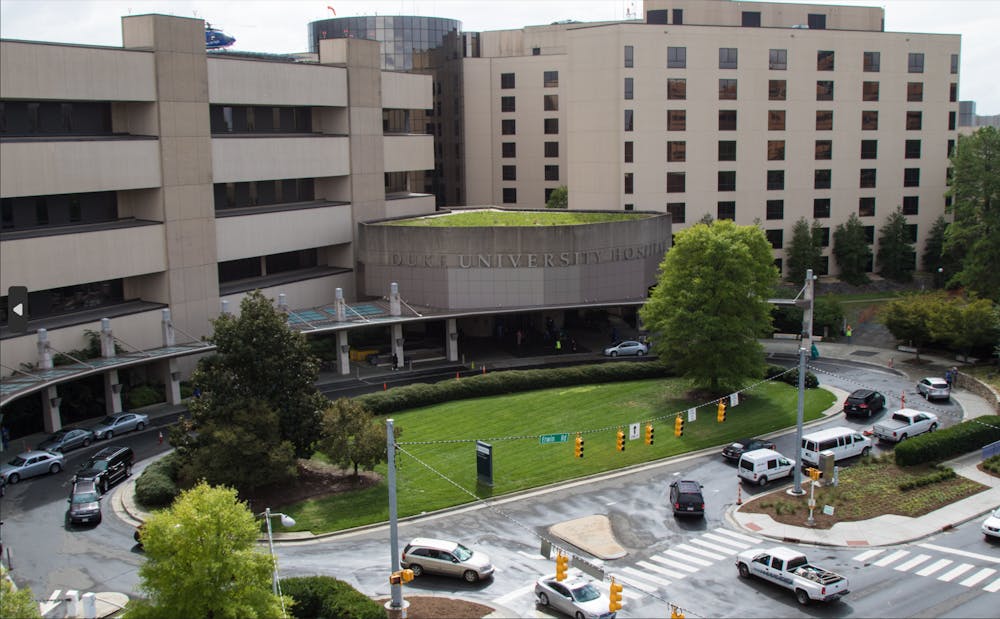A Duke-led team of researchers is moving into clinical trials after finding a new use for an FDA-approved antibody — preventing organ rejection.
The study, published in the Science Translational Medicine journal on Aug. 30, focuses on the ability of the antibody AT-1501 to prevent rejection of islet and kidney transplants in non-human test subjects.
Imran Anwar, a general surgery resident at Duke Hospital and the lead author of the study, said that the results are promising. They showcase a reduced immune response to the donor organ while minimizing the side effects of immunosuppressive drugs.
“The push over the last decades has been to develop new, less toxic drugs,” Anwar said. “We are hopeful this antibody moves us closer to that goal.”
The circulation of T and B lymphocytes throughout the body is vital for the immune system. These cells look for antigens, or chemical markers on foreign cells, to protect people from infection.
Organ rejection is a common consequence of this defensive pathway. Immune cells sometimes mark tissues and organs donated from other humans as foreign objects, which prompts an attack that can lead to multiple short and long-term health consequences.
However, according to Anwar, AT-1501 provides a promising solution to this issue by preventing the entirety of this immune response from occurring.
“We are fine-tuning the way the immune system sees the organ, so, instead of attacking it, it does not do anything about it,” Anwar said.
For kidney transplants, AT-1501 alone is effective in preventing organ rejection. In islet surgeries, it is most effective when administered alongside other drugs.
Anwar also noted how AT-1501 presents significantly fewer side effects compared to other immunosuppressive drugs frequently used for organ rejection. In the non-human primate models, which share very similar immune systems to humans, the team’s tests showed no signs of complications like weight change or blood clots.
The broader applications of this study extend beyond organ rejection. Autoimmune diseases are another “potential venue” to continue researching the drug’s applicability in other areas, Anwar said.
Although there is optimism regarding the results, there is still a need to acknowledge its limitations and the complex process of getting a drug approved, according to Anwar.
“Like any drug, it would not be the first time it was tested on mice, and it works great, tested on primates, and it works great, and tested on humans and there are some issues,” he said.
Anwar noted some reservations ahead of beginning phase I trials.
“It is hard to predict what is going to happen when you give something to humans,” he said.
“You might give it to 100 people during clinical trials, and it is fine and when they move to phase III trials, you might give it to 100,000 people, and 1,000 of those develop some weird condition that you did not see initially.”
There is a long way to go before the drug can be used in transplant procedures. However, Anwar said that this project is “a small step forward” in organ rejection research, and he remains hopeful that it will be approved a few years down the line — a sentiment most of the 100,000 people waiting for an organ transplant likely share.
Get The Chronicle straight to your inbox
Sign up for our weekly newsletter. Cancel at any time.

